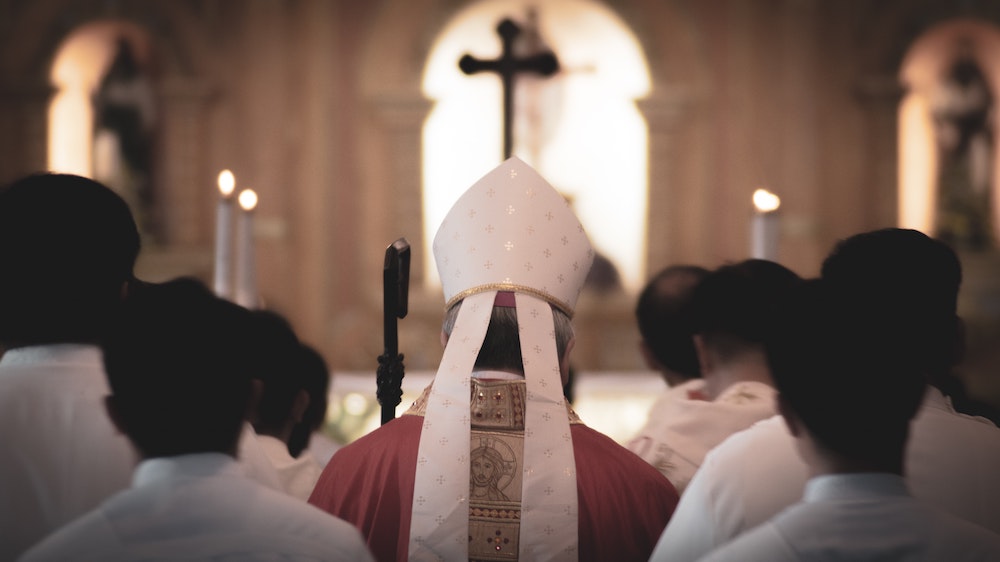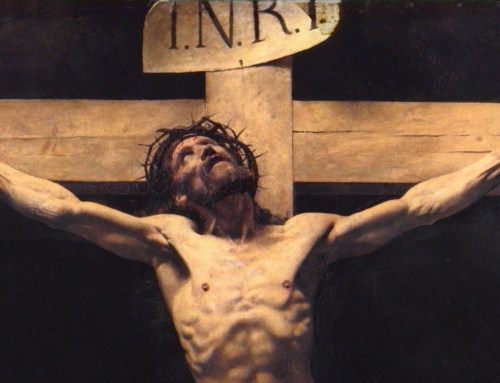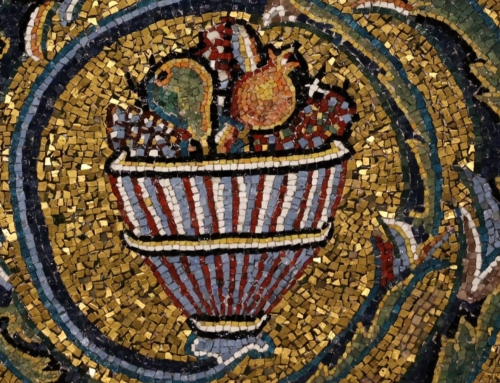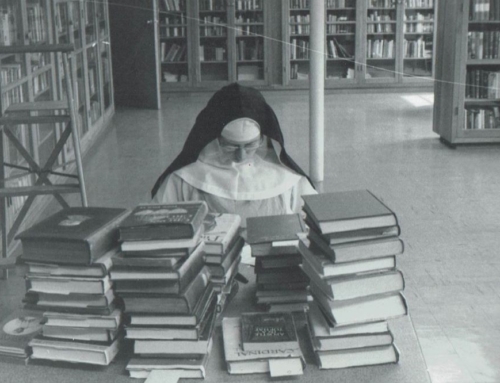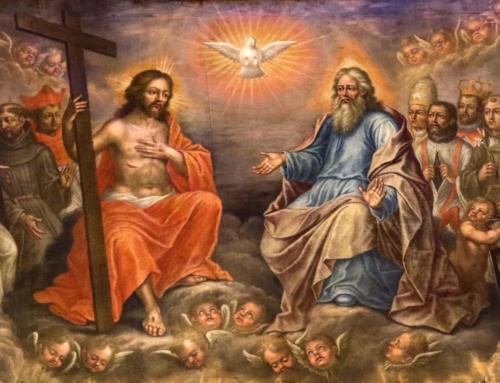For as great as the priesthood is, and for as important as the priestly mission purports to be, rare is the soul who maintains that a priest is a soldier of Christ. But, in point of fact, we can confidently say of the priest what is so often said of the soldier: a priest does not rejoice in adversity, but triumphs in war.
As compared with a soldier, indeed, some young men arrive at the seminary all but ready for war. Many of these men have the air of setting the world on fire from the start, and can articulate precisely what it was that first set them aflame. We know that men like Dominic or Francis had kindled their torches from the very fire of divine love, and then proceeded to establish furnaces of their own where that same love burns brightly still. But not every young man is inflamed or inspired or even moved by the genius of these mendicant giants, nor is every young man endowed with such grace. Some men are simply soldiers. Their fire, what there is of it, began similarly with God, and its light and warmth has no less importance for the Church than does a modern-day Franciscan troubadour. So whether they be diocesan or religious, the formation that is ordered to their being a priest of Christ, is itself analogous to the initial training of any and every soldier.
Some young men, perhaps most young men, however, arrive at the seminary not yet ready for war. It might seem uncouth to say that this variety of priest-wannabes are nothing more than plebes. And yet, such an objection confuses the good of desire with the essential good of preparation. These seminarians may well desire to bear their torches of divine love into the world, much like other priests and religious before them. But their collective desire, if it is not properly cared for, can become wild and unruly. Little do they know that natural abilities are far from absolutes; which is to say, they cannot rely solely upon themselves in this open engagement with the powers of darkness. It is, therefore, critical that they be prepared for combat prior to their donning of priestly wear; they must be briefed on the weaknesses of the Enemy as well as the weaknesses of their company. For it is not enough to imitate the likes of a John Vianney, however good that may be; to be a happy and holy priest, one must also come to recognize the particularity of grace in the life of each soldier—especially one’s own.
Therefore, in considering even the crudest aspects of the analogy, there is the interest and mystery surrounding the formation and training by which one becomes a priest. Even if no one is willing to call him a soldier, he is no less of one, as a result of his seminary education. By the sacrament of orders, his identity as a soldier of Christ comes from within and not merely from without; he cannot ever be denied this dignity, even if his life should be lost at the hands of sin and death. The dignity of the priesthood belongs to him forever, as does his rank in the armies of God.
✠
Photo by Jomarc Cala on Unsplash

